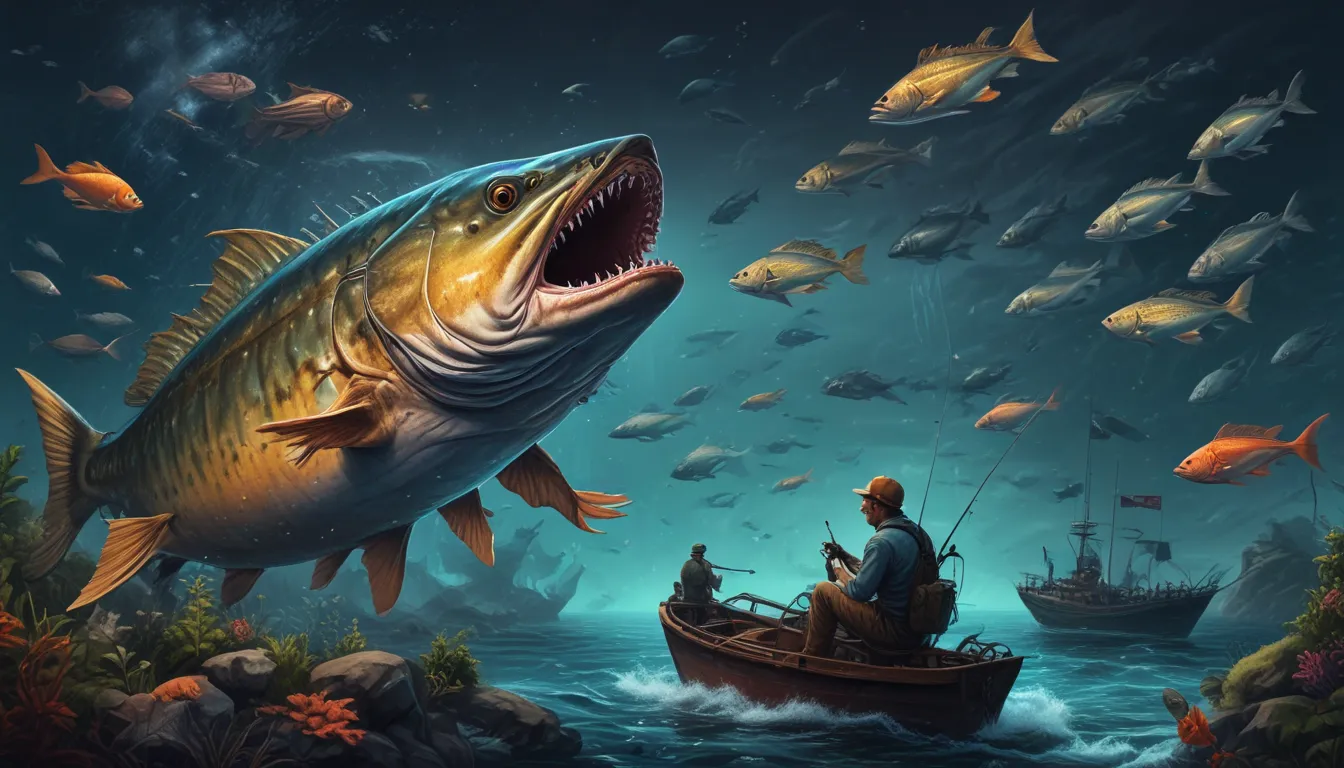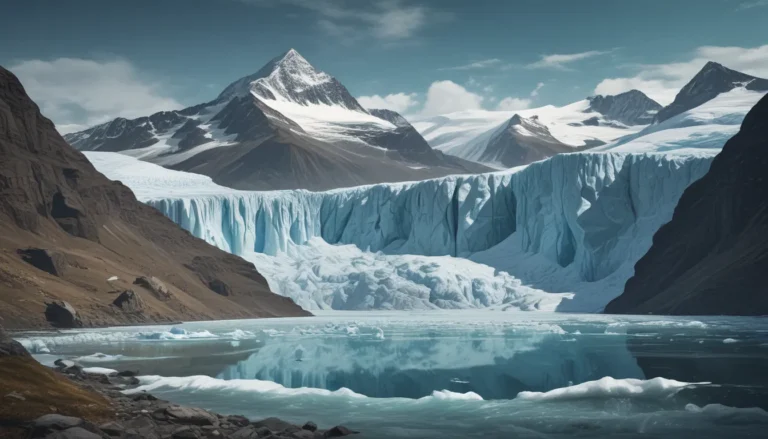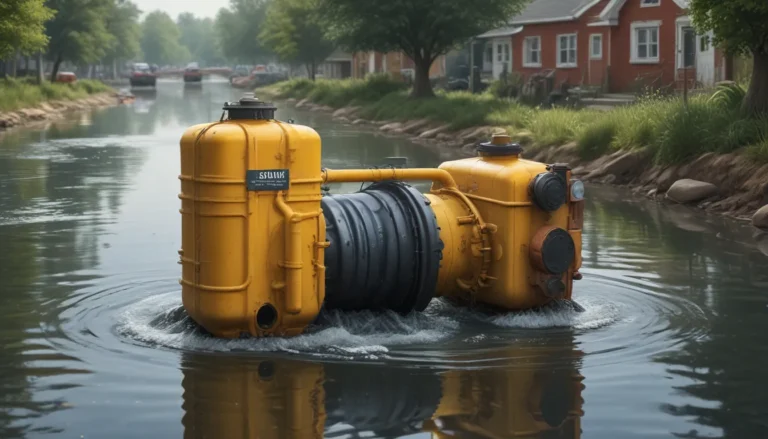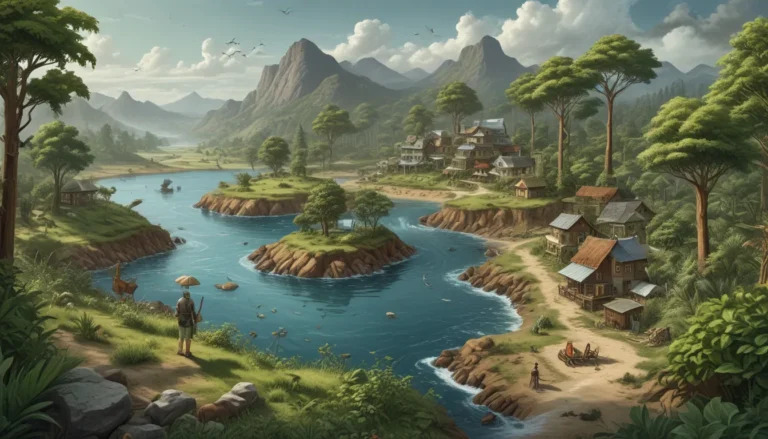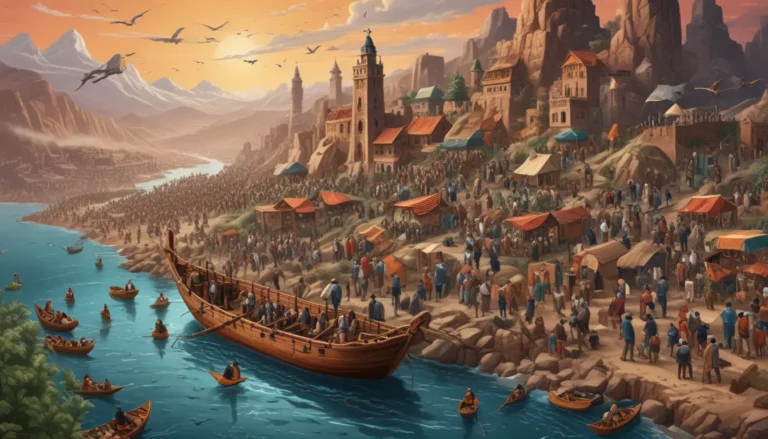A Note About Images: The images used in our articles are for illustration purposes only and may not exactly match the content. They are meant to engage readers, but the text should be relied upon for accurate information.
Introduction
The oceans cover more than 70% of our planet, and they are home to an incredible array of life. However, the delicate balance of this ecosystem is threatened by overfishing, one of the most significant challenges facing marine biodiversity today. Overfishing not only jeopardizes the survival of numerous fish species but also puts the entire oceanic ecosystem at risk of collapse. In this article, we will delve into some essential overfishing facts to raise awareness about this critical issue.
The Global Impact of Overfishing
-
34% of the world’s fish stocks are overfished – This alarming statistic highlights the widespread problem of overfishing on a global scale.
-
Regional overfishing statistics – The Mediterranean and Black Sea suffer from an estimated 62% overfishing, while the Atlantic Ocean faces a 59% overfishing rate. In contrast, the Pacific Ocean’s fish stocks have a lower overfishing rate of around 39%.
-
Economic consequences – The depletion of fish stocks due to overfishing costs the global fishing industry a staggering $50 billion each year, underscoring the financial impact of irresponsible fishing practices.
Historical Examples of Overfishing Consequences
-
Devastation of the tuna industry – The Adriatic Sea witnessed the collapse of its tuna industry in 1954 due to overfishing, serving as a stark reminder of the repercussions of unsustainable fishing practices.
-
Peruvian anchovy industry collapse – In the 1970s, overfishing led to the collapse of the Peruvian anchovy industry, demonstrating the devastating impact on fisheries and marine ecosystems.
-
Extinction of bull walleye – The bull walleye in North America’s Great Lakes became extinct in the 1980s due to overfishing, resulting in the loss of an iconic fish species.
-
Canadian cod industry collapse – The collapse of the Newfoundland cod industry in 1992 prompted Canada to ban fishing in the Grand Banks, highlighting the severity of overfishing consequences.
-
Global warnings and acknowledgments – Various international summits and declarations, such as the Rio+10 Summit in 2002 and the UN’s statement in 2008, have raised concerns about overfishing threatening food security and biodiversity worldwide.
Additional Impacts and Concerns
-
Financial interests in overfishing – The fishing industry may oppose anti-overfishing measures due to financial incentives, posing a challenge to sustainable fishing practices.
-
Illegal fishing practices – Illegal fishing accounts for up to one-third of the world’s total fish catches, exacerbating the problem of overfishing and undermining conservation efforts.
-
Health implications – Overfishing has been linked to the increased prevalence of schistosomiasis infection in Africa, highlighting the broader health consequences of disrupting marine ecosystems.
-
Jellyfish population rise – Overfishing can lead to an increase in global jellyfish populations, as reduced fish populations create opportunities for other marine species to thrive.
-
Market dynamics – Declining fish stocks due to overfishing can drive up the market price of fish products, impacting consumer access to seafood resources.
Trustworthy Information for Informed Advocacy
At our platform, we strive to provide engaging and accurate content contributed by real users like you. Our dedicated editors rigorously review each submission to ensure the highest standards of quality and authenticity. By exploring and learning with us, you can trust in our commitment to delivering valuable information on pressing issues like overfishing. Join us in raising awareness and advocating for sustainable fishing practices to protect our oceans and preserve marine biodiversity. Together, we can make a difference in safeguarding the future of our planet’s underwater treasures.
Remember, the choices we make today can shape the health of our oceans for generations to come. Let’s work together towards a more sustainable future for our marine ecosystems.
